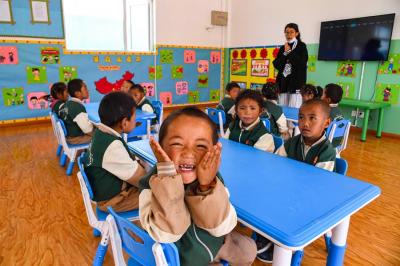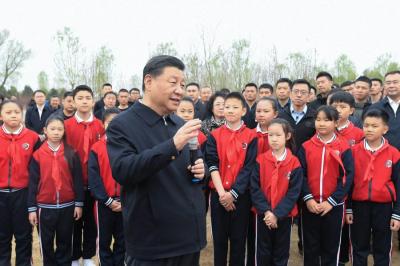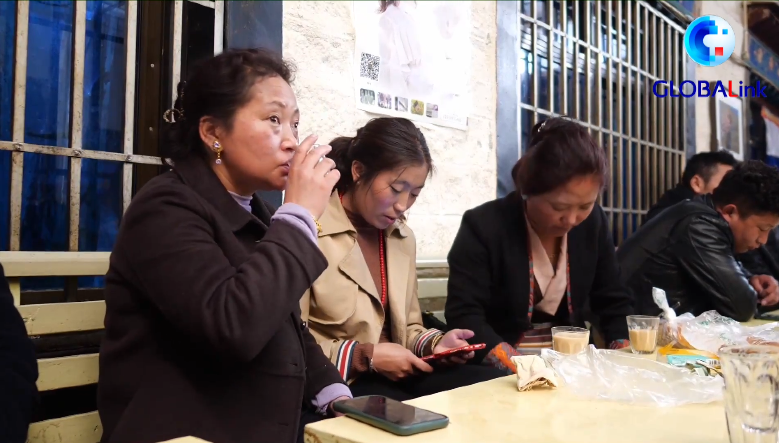Chaling oranges are exceptionally sweet, but many local residents were unaware of their value, he said. Under an agreement with the local government, the company offers training on orange growing and local financial institutions provide farmers with preferential loans to start their businesses. As a result, the yield per acre has more than doubled, Zhou said. The county is ready for a final examination by state poverty alleviation authorities before being removed from the country's list of poor counties. Renowned Chinese economist Li Yining is positive about the potential of private enterprises in fighting poverty, believing they better understand the market. "For example, you cannot only know how to grow vegetables, but also must know where they should go. Private enterprises are better at such market behavior," Li said. China's e-commerce giants, such as Alibaba and JD.com, have been earnestly involved in the sale of farm produce from poor villages, with marketing support and lower or no fees. Alibaba has carried out more than 100 rural projects on its online shopping platform Taobao. It is extending its reach to more fields by committing 10 billion yuan over the next five years in a fund dedicated to poverty eradication. Liu Qiangdong, chairman of JD.com, said the company will focus on branding of farm produce from rural poor. "Without a known brand, the products don't make much profit," he said. YTO Express, a leading courier with 68,000 branches nationwide, helped with sale of farm produce, including kiwifruit, dates and pears, from three poor counties in Shaanxi Province on its online shopping platform. The company worked with local governments to set up new service centers in the counties, which have lowered logistics costs for the products and added a price advantage, said Ye Feng, vice president of YTO Express. They also offer courier jobs for poor rural youth, Ye said. "They lift themselves out of poverty." The Chinese government has encouraged private companies to help with poverty reduction. In October 2015, the All-China Federation of Industry and Commerce launched a poverty-relief campaign mobilizing private enterprises. By the end of 2017, the campaign involved 46,200 enterprises, benefiting 51,200 villages. China aims to lift all citizens out of poverty by 2020. As of the end of 2017, the country had 30.46 million poor residents, compared with 98.99 million in 2012, according to the National Bureau of Statistics. By: You Zhixin and Wang Ruoyao |
- Home
- News |Tibet |Exclusive |China |World |Related News |Latest
- Documents |White Papers |Others
- Photo |Politics |Economy & Society |Culture & Religion |Human & Nature |Beautiful Tibet |Other Tibetan-Inhabited Area |Exchanges |Related
- Video |News |Documentary |Micro-Video |Entertainment
- Art
- Tourism
- In Focus
- About Tibet






